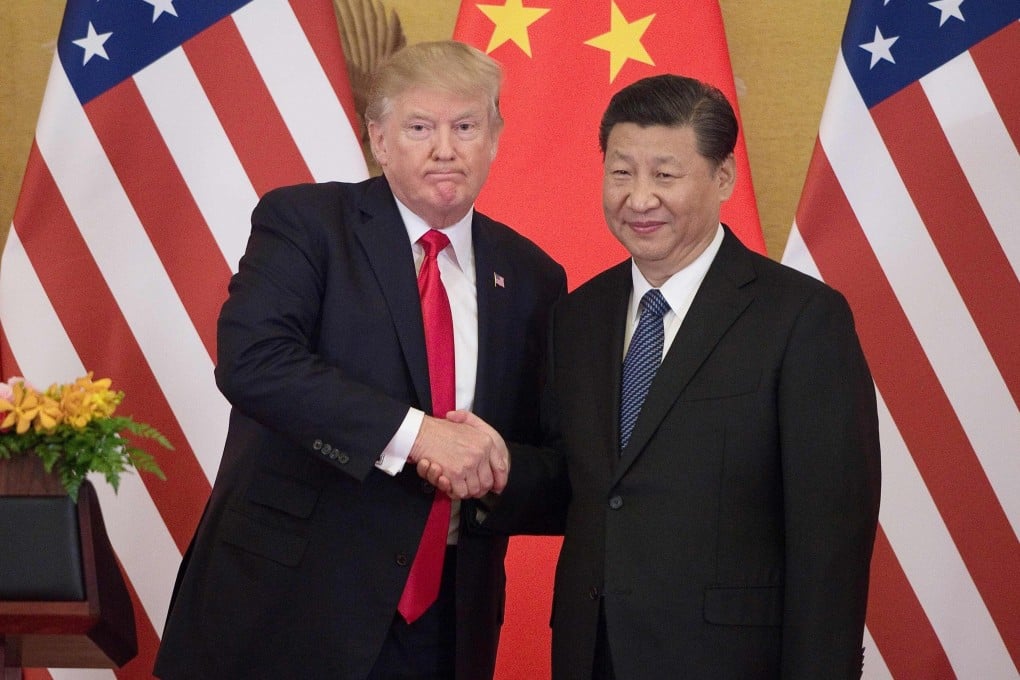Advertisement
US-China relations: Washington’s plan to ban Chinese Communist Party members would be ‘self-defeating’, experts say
- Move reportedly being considered by US president would further strain ties between the world’s two biggest economies
- Sweeping restriction would be the ‘end of the bilateral relationship’, academic says
Reading Time:4 minutes
Why you can trust SCMP

Perhaps the most telling sign of how sour the relationship between China and the United States has become is the way in which Washington now addresses its adversary across the Pacific.
Gone are the days when US President Donald Trump would fondly refer to his Chinese counterpart, Xi Jinping, as “the greatest president of China”.
Trump even said that during his visit to Beijing in November 2017, he called Xi “the king” and the Chinese leader “liked it”.
Advertisement
These days the pair no longer talk to one another. When the US, and in particular Secretary of State Mike Pompeo, does refer to the Chinese leader, it is usually as “General Secretary Xi”.
Also, Washington appears to more frequently refer to the “Communist Party of China” or the “Chinese regime”, rather than “China” in its official statements, especially those covering human rights issues or other thorny topics, like Hong Kong or Xinjiang .
Observers on both sides of the Pacific say this is a deliberate attempt by the US to delegitimise the Chinese authorities and to drive a wedge between the ruling elite and Chinese public.
Advertisement
Advertisement
Select Voice
Select Speed
1.00x